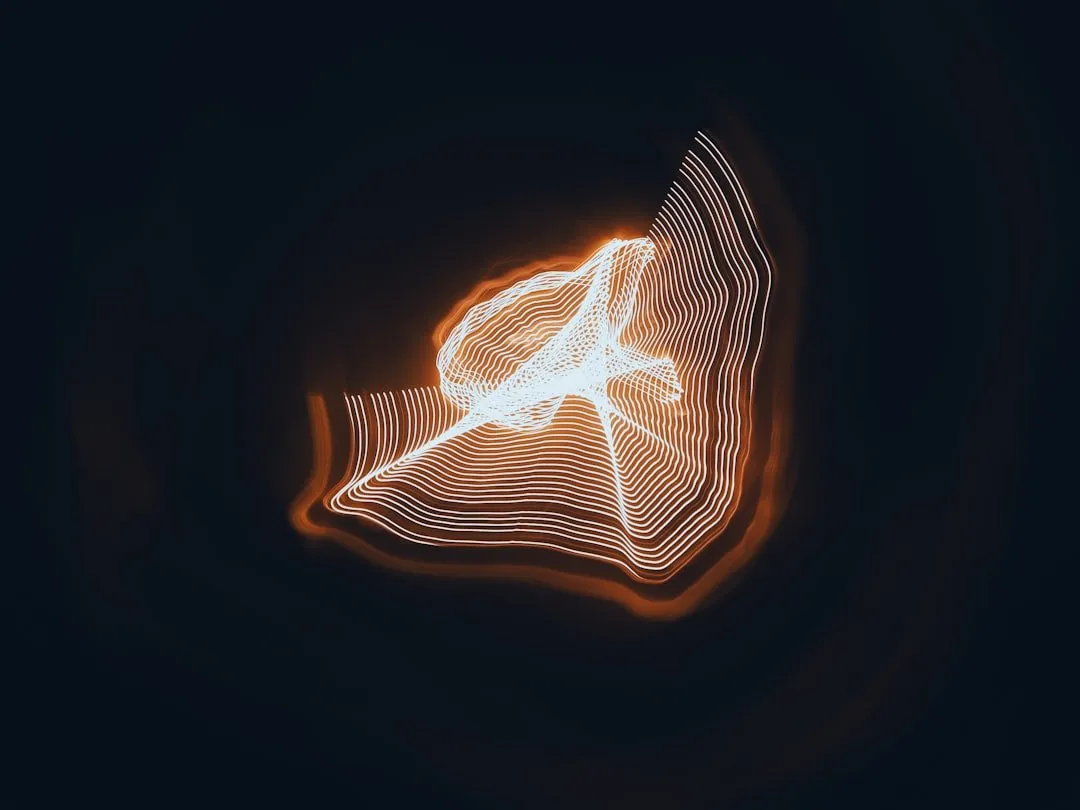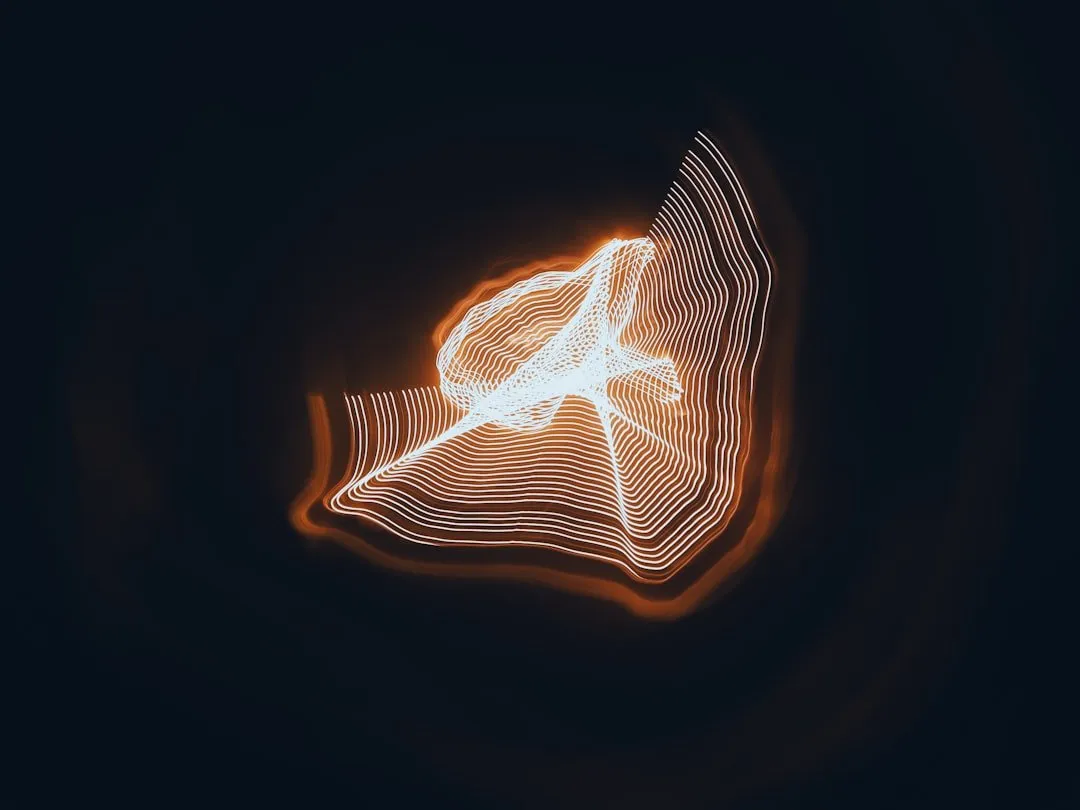Muscle soreness after exercise is caused by micro-tears in muscle fibers, exacerbated by factors like intense workouts, poor form, and inadequate recovery. Kratom, an ancient herb, may help due to its interaction with opioid receptors and stimulation of prolactin, a hormone that reduces inflammation. Combining kratom and prolactin can accelerate muscle recovery for athletes, combating delayed onset muscle soreness (DOMS) and optimizing fitness routines.
Feeling achy and sore after a workout? Don’t let muscle soreness hold you back! Discover personalized workout plans designed to alleviate discomfort naturally. This article explores the science behind muscle soreness, delving into powerful solutions like kratom for relief and the hormone prolactin’s role in recovery and relaxation. Learn how these natural approaches can help you bounce back stronger and ready for your next fitness challenge.
- Understanding Muscle Soreness and Its Causes
- The Role of Kratom in Alleviating Discomfort
- Prolactin: A Hormone for Recovery and Relaxation
Understanding Muscle Soreness and Its Causes

Muscle soreness is a common issue that affects individuals of all fitness levels, often leading to discomfort and limited mobility. It typically arises after intense physical activity or when muscles are subjected to new or unfamiliar movements. The onset of muscle soreness is usually delayed, appearing 24-72 hours post-exercise, and it can last for several days. This delayed response is due to micro-tears in muscle fibers that occur during strenuous workouts. These tiny tears trigger an inflammatory response, causing the release of chemicals that lead to pain and swelling.
Several factors contribute to muscle soreness, including exercise intensity, duration, and type. High-intensity interval training (HIIT) and resistance exercises are particularly notorious for inducing soreness. Moreover, inadequate recovery time, improper form during workouts, and underlying medical conditions can also play a role. Interestingly, some natural compounds like kratom have been shown to influence prolactin levels, which may indirectly impact muscle recovery. Prolactin, often referred to as the “milk hormone,” has anti-inflammatory properties and could contribute to reducing muscle soreness when regulated effectively.
The Role of Kratom in Alleviating Discomfort

Kratom, a natural herb known for its diverse health benefits, has gained attention for its potential role in alleviating muscle soreness and discomfort. This age-old remedy contains active compounds that interact with the human body’s opioid receptors, mimicking the effects of endorphins and providing pain-relieving properties. Studies suggest that kratom’s primary active compound, mitragynine, may stimulate the release of prolactin, a hormone linked to reduced inflammation and increased comfort.
By promoting the production of prolactin, kratom can help reduce the inflammatory response associated with muscle soreness. This mechanism offers a natural alternative for individuals seeking relief from chronic or post-workout muscle discomfort. Incorporating kratom into a comprehensive wellness routine, alongside proper hydration and adequate rest, can be a game-changer for those looking to optimize their recovery process and achieve long-term muscle health.
Prolactin: A Hormone for Recovery and Relaxation

Prolactin, a hormone often associated with breastfeeding, plays a crucial role in recovery and relaxation for athletes. Beyond its well-known function in milk production, prolactin has been linked to reduced muscle soreness and enhanced post-workout recovery. This is particularly relevant for individuals seeking relief from exercise-induced muscle aches, a common issue known as delayed onset muscle soreness (DOMS).
Research suggests that kratom, a natural herb with various medicinal properties, can interact synergistically with prolactin to amplify these effects. By promoting the release of prolactin, kratom potentially accelerates the body’s inherent healing mechanisms. This combination approach—targeting both muscle recovery and hormonal balance—may offer athletes an effective strategy for alleviating muscle soreness and optimizing their post-workout experience.
In conclusion, muscle soreness can significantly impact our daily lives, but with the right strategies, relief is achievable. By understanding the causes of muscle ache, exploring natural remedies like kratom for its anti-inflammatory properties, and harnessing the power of hormones such as prolactin to promote recovery, individuals can customize their workout routines effectively. Integrating these insights into your fitness regimen offers a holistic approach to soothing muscle soreness and enhancing overall well-being.














